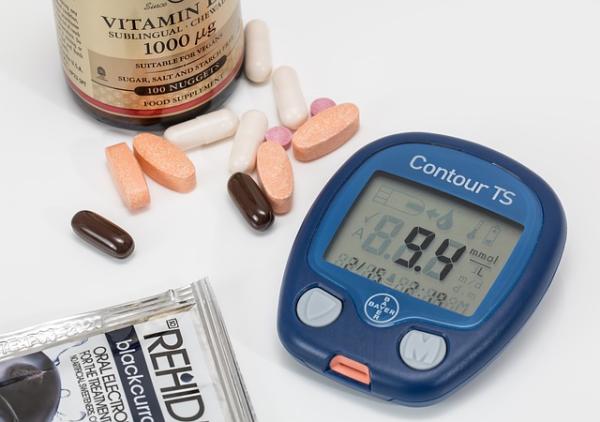“I used to think that the brain was the most wonderful organ in my body. Then I realized who was telling me this.”
Emo Philips, American Comedian
A research letter in JAMA Cardiology captures the same idea, substituting cardiologist for brain and physician for “organ in my body.”
Researchers begin by noting that new medications for diabetes also modify the course of heart disease; and that there are increasing numbers of patients with new-onset Type 2 diabetes. They then look at new-onset cases of Type 2 diabetes by state comparing them to the available supply of cardiologists, endocrinologists (physicians caring specifically for diabetes among other hormone-related conditions), and nephrologists (physicians who care for kidney disease). Low and behold, with three times more cardiologists than either endocrinologists or nephrologists, who is “well-positioned to participate in diabetes care given their numbers and distribution relative to diabetes cases?” Yes, cardiologists.
In addition to their sheer numbers, cardiologists bring other values to the table. Cardiologists see more patients with diabetes than endocrinologists; cardiologists are more frequently consulted in the hospital for issues involving patients with diabetes – increasing the “teachable” moments. And finally, diabetes is becoming less “glucocentric” and more about global risk reduction. Frankly, who knows more about reducing risk, cardiologists – just ask them.
All right, I must confess, I have a conflict of interest here. As a vascular surgeon, I have watched cardiologists claim that they can care for vascular disease, the area I trained in for six years because they are good with wires and balloons and they fix coronary arteries that are very small and important, so the big arteries that I care for are easy. Arteries are arteries after all unless, of course, you are a vascular surgeon that, for some bizarre reason, feels that you should fix a coronary artery with a balloon and stent; then, those arteries are different.
There is an invited commentary from a primary care physician; more specifically, an individual specializes in general internal medicine. He points out that patients often require coordinated, collaborative care, and there is a push to create a medical “home,” business-speak for having one consistent primary care physician. To extend that medical home metaphor, he points out that other specialists, part of the medical neighborhood, have much to offer, but that the decision to involve the neighbors, like cardiology, nephrology, or endocrinology involved should be made by the patient and their immediate real and medical family.
Collaboration and communication are not easy, even in this day of smartphones and text. It is challenging to coordinate a discussion about a patient using text messaging.; If you think that a physician has a time advantage when calling another physician, then you haven’t witnessed the dance of competing office staff trying to eliminate any waiting time for their doc - someone has to wait on the line. As a result, coordinating care often means prolonging decisions, increasing patient wait times, and in some instances, anxiety. Who is best qualified to coordinate the neighborhood? I agree with the commentator, the generalist has the best view, seeing more than the heart disease or glucose management.
Why are cardiologists so interested in expanding their lane? Why are they not content, supporting the hard work of primary-care physicians? As we move deeper into team medicine, not everyone can be the quarterback coordinating the play; even that gifted receiver, the one in this instance caring for your heart.
Source: Implications of Specialist Density for Diabetes Care in the United States JAMA Cardiology DOI: 10.1001/jamacardio.2019.3796
Optimizing the Physician Workforce for Care of Patients with Type 2 Diabetes JAMA Cardiology DOI: 10.1001/jamacardio.2019.3827



